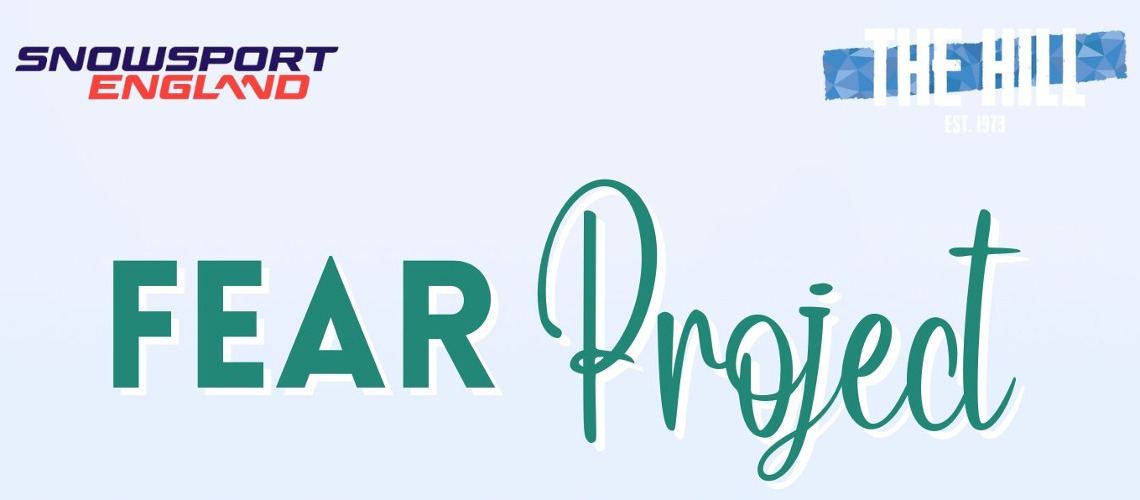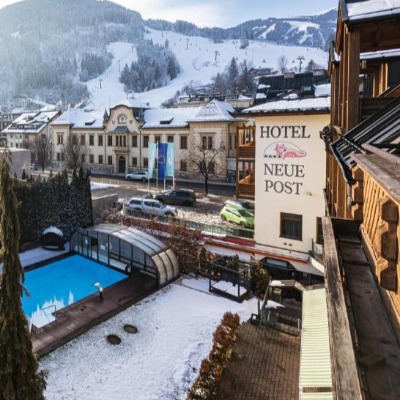Research Exposes Fears & Gender Imbalance In UK Snowsports

Brand new UK research findings demonstrate that fear and anxiety are affecting women’s enjoyment of snowsports.
The Fear Project research data, revealed at the first Northern Snow Show at Chill Factore indoor snow venue in Manchester last weekend, showed that 62% of UK female survey respondents said that fear or anxiety impact on their enjoyment of snowsports. When asked about their fear over the last five years 33% responded that their fear was increasing.
The research hoped to shed light as to whether fear and anxiety were factors in the snowsports gender imbalance identified in the 2024 annual survey of The Ski Club of Great Britain and confirmed by Snowsport England. The Ski Club data showed a 70:30 male/female split, and in all but one age group there were more men than women skiing, with women stopping skiing much earlier than their male counterparts.
The Fear Project research, supported by Snowsport England and The Hill - Home of Ski Rossendale (Ski Rossendale), has been carried out by author and illustrator Kimberley Kay and Snowsport England Coach Dr Carol Porter, to determine and understand fears and anxieties associated with skiing and snowboarding. The hope is that the concerns can be addressed and mitigated for skiers and snowboarders by seeking solutions from the snowsport industry.
Kimberley Kay, author and illustrator of Ski A to Z, commented on the findings: “I’m keen to try to remove barriers to snowsports enjoyment, to help people more swiftly get to the joy. I have hoped with Ski A to Z to remove the information barrier for new and novice skiers, and hope that through this project we can understand and address fears that people are experiencing, that get in the way of snowsports fun.”
The survey’s demographic data suggests that women are more inclined to open up about their experiences of fear and anxiety; it is hoped that working to address the identified fears can benefit all skiers and snowboarders.
‘UK female respondents’ was the largest data set in response to the Fear Project online survey. 225 women in the UK completed the multiple choice and free text survey questions. 88% of those surveyed stated they ski or snowboard to do something they enjoy, evidently fear is getting in the way as 25% stated feeling fear to such an extent that they feel scared or have debilitating fear.
In the Fear Project online survey respondents could tick as many of the fears as they felt was appropriate to them. The key fears exposed by the research data were:
- 69% injury/reinjury
- 63% other skiers/ snowboarders lack of control
- 49% speed of other skiers/ snowboarders
- 49% visibility (flat/low light, low cloud, fog)
- 48% frozen/hard snow
- 41% falling over
Only 9% of respondents said that they never experience fear, however they went on to tick numerous concerns.
Carol has taught skiing for more than 20 years and has a PhD in pedagogical philosophies (the study of teaching and learning) helping her clients to grow in confidence as well as developing technical skills. To complement the quantitative online Fear Project survey findings, Dr Carol Porter gathered qualitative data through in-depth interviews with members of the ladies’ group, which meets weekly at Ski Rossendale in Lancashire. Carol leads a team of female instructors to serve the group which has beginners to competent skiers, aged in their forties through to a few in their eighties.
Carol explained: “The quantitative and qualitative data all indicate that our participants most fear injury/reinjury and others skiing/snowboarding too fast and too close. Hiding what they are feeling can lead people into potentially dangerous situations that may be beyond their capability. In a learning scenario fears not vocalised cannot be addressed.”
Kimberley shared insight into the basis of the fears: “In the free text section of the survey people shared their own experiences and it was possible to see that the fears and anxieties that they are experiencing are often associated with actual events and incidents, either involving themselves or members of their group.”
Carol’s shared firsthand experience of witnessing the impact of fear, both whilst teaching at Ski Rossendale and on group ski trips: “At all stages of skiing experience and ability I see women who experience fear. Fear of speed, fear that they might lose control of what they are doing, fear of getting on and off lifts, fear of going too high up the mountain. These are women who I know can ski the terrain and conditions on the day, but fear stops them. Fear might stop them completely and they may refuse to ski, or it might stop them enjoying themselves, either way it has a significant impact.”
Explaining the challenge Carol said: “It’s not possible to coach a person who is gripped by fear - it’s not possible, physically, physiologically or psychologically.”
When asked where they ski just 25% said that they ski or snowboard at a UK artificial slope or indoor snow venue, 75% stated that they ski or snowboard in resorts. This factor is acknowledged in the research findings as part of the fear about lack of practice of skiing or snowboarding before their trip. This data could demonstrate an opportunity for UK venues to encourage participation and grow their customer bases by attracting and supporting more women to practice snowsports regularly.
Carol said of the respondents: “They are open about issues with their own physical fitness and preparedness to ski/snowboard, and that being a parent impacts their experiences of fear.”
Addressing The Fears
Conversations with GB Snowsports led to the physical preparedness issue being addressed at a workshop in September at Ski Rossendale, led by GB Snowsport physiotherapist Abi Okell. The session focused on improving confidence when skiing by targeting strength, balance and cardio fitness. The group were guided through a workout which included start of the day stretches and warm up, end of day cool down, in addition to a workout to help get ready for the snow season.
What’s Next
Kimberley said: “This data is in effect the beginning of an opportunity to address the challenge that negative feelings are having on snowsport enjoyment. We are looking to seek solutions with industry stakeholders so if people are interested in dialogue then Carol and I are keen to engage.”













